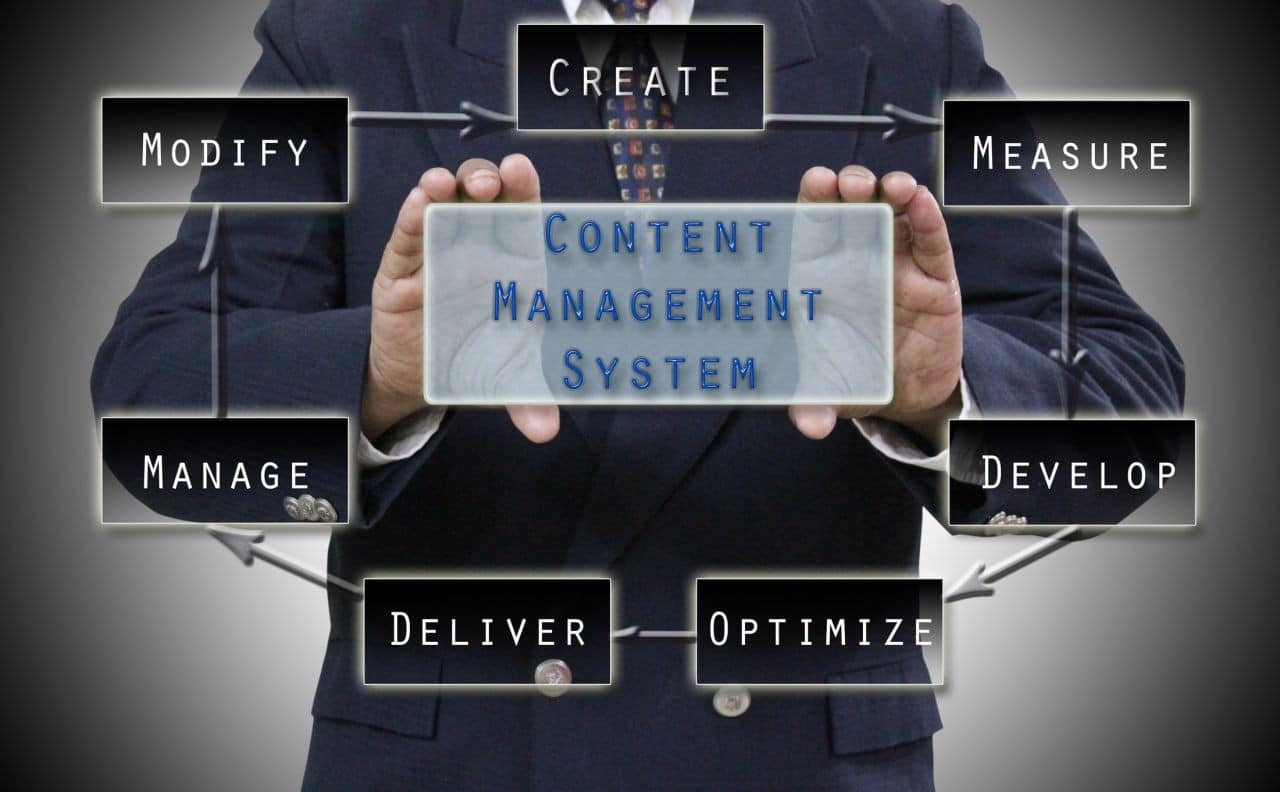When a company makes the decision to build or redesign its website, one decision the owners must make right away is whether the website should be built custom or using a content management system (CMS) to power it. There are pros and cons for both options, but for many companies, a content management system has distinct advantages. Here we will talk about what the advantages of a CMS are.
It’s hard to overstate the importance of a website to a business. It’s the main tool the company’s owners have to communicate with customers and showcase the products and services they offer. If the user’s experience with the website is good, they are more likely to return and convert their traffic into sales. It might seem like building a custom website is the right way to go to best capture that traffic, but a CMS like WordPress is designed to offer a number of benefits.
Benefits of a Content Management System
The first benefit a CMS offers is that the technology is already user friendly. It’s designed so that anyone can log on, easily create and publish content, add media, and make any necessary changes to the site. For people who are not comfortable with coding or computer technology, using a CMS gives them access and the power to make changes without a lot of computer knowledge.
What’s more, a CMS like WordPress allows for multiple users to have this access, and it gives the site owner the ability to limit how much power they will have over the content of the site. If you want to differentiate roles or allow only some employees or contractors access the ability to publish content, that’s simple to do. WordPress as an open source platform is very popular, and many people already know how to interact with it, so far less staff training is necessary.
Adding additional functionality to a website is simple using WordPress because there are so many plugins available. This is a very popular platform. Designers interact with it all the time and have created ways to modify the platform to work better for their needs via plugins.
It’s simple to maintain a website using a CMS. Making edits on a custom website can mean changing code manually on dozens or even hundreds of individual pages. With a CMS maintenance changes are a matter of updating CMS software. This is possible because the underlying architecture of a CMS website is the same throughout. In fact, some CMSes update themselves automatically as the software is updated. The underlying architecture of a CMS site also allows for easier design changes. WordPress offers an enormous variety of designs for website owners to choose their desired look from.
CMS and Content
One of the greatest advantages of a CMS is that it is designed around content, and not just content creation, but content dissemination. Creating content is very easy, and modifying it is just as simple. Users can pull blog posts without deleting them or change details or dates to make it accessible again. This is very useful for seasonal content that might be a distraction when it’s not the fourth quarter or the holiday season.
There’s no point in creating content if no one is going to see, hear, or read it. Again, WordPress is very good at getting content out. It formats a website so that search engines will have an easier time of crawling and understanding it. WordPress also has SEO plugins that make site and post optimization a snap. This makes it much simpler for websites to rank and for content to be visible to potential customers.
It’s also easy for WordPress users to share content via social media as WordPress offers many social sharing tools and plugins.
Essentially, a content management system allows people with little technical experience the ability to easily and regularly update the content of their websites. WordPress can accommodate many types of ecommerce as well. If you are looking to create or modify your website, ask your web designer if a CMS would meet the needs your company has for its website. There’s a very good chance that it might.


